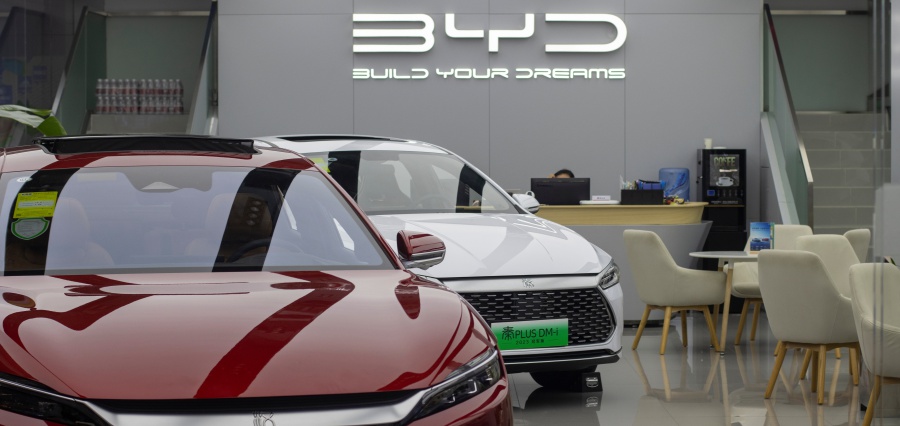Prime Highlights:
Hybrid models have surpassed battery-only models in sales in China for the year 2024. For instance, BYD sold more than 2.5 million hybrids, a trend reversal of the 2023 year.
BYD completely dominated the EV market in China, selling an impressive 4.3 million passenger cars alone in 2024, two-thirds of whom were hybrid variants.
Companies like Li Auto and Leapmotor, which are offering hybrid options, have fared better than pure electric vehicle manufacturers such as Zeekr, Nio, and Xpeng.
Key Background:
A new pattern has emerged in the electric car (EV) sector of China, with a type of power source finally causing hybrid models to exceed their fully electric counterparts. It was based on data through the full year of 2024, which first gave hybrids a leading edge as they were recorded selling more even when Beijing imposed some restrictions for further reducing dependency on gasoline-driven automobiles.
BYD is the lead manufacturer in China’s electric vehicle market and sold 4.3 million passenger cars in 2024, nearly 2.5 million of which were hybrids. This marked a very opposite turnaround from 2023, with BYD selling more battery-electric models than hybrids during that period. The demand for the combination flexibility and longer range provided by hybrids is rising.
Tesla, which continues to focus on BEVs, sold more than 600,000 units in China in 2024, with sales remaining strong for the second year in a row. Analysts, including Joe McCabe of Auto Forecast Solutions, believe that the BEV market in China is about to reach saturation. McCabe believes that hybrids, along with internal combustion engine vehicles, will continue to be in demand through the 2030s.
Li Auto is the largest challenger to Tesla in 2024, the company delivered 500,508 cars, which included most vehicles that came equipped with a fuel tank to improve their driving ranges. Leapmotor was another leading challenger that reported the delivery of almost 300,000 cars with the aim of 500,000 for the year 2025. The delivery numbers from the pure battery-electric car manufacturers, including Zeekr, Nio, and Xpeng, were significantly lower, just over 220,000 by Zeekr.
This impetus to NEVs, which include both hybrids and BEVs, has been furthered by government incentives in the form of easier access to license plates and subsidies. NEVs had surpassed 50% of all passenger car sales in China by July 2024-a mark that held through November. By the end of 2025, the auto market in China is projected to reach 55-60% electric vehicle penetration.

